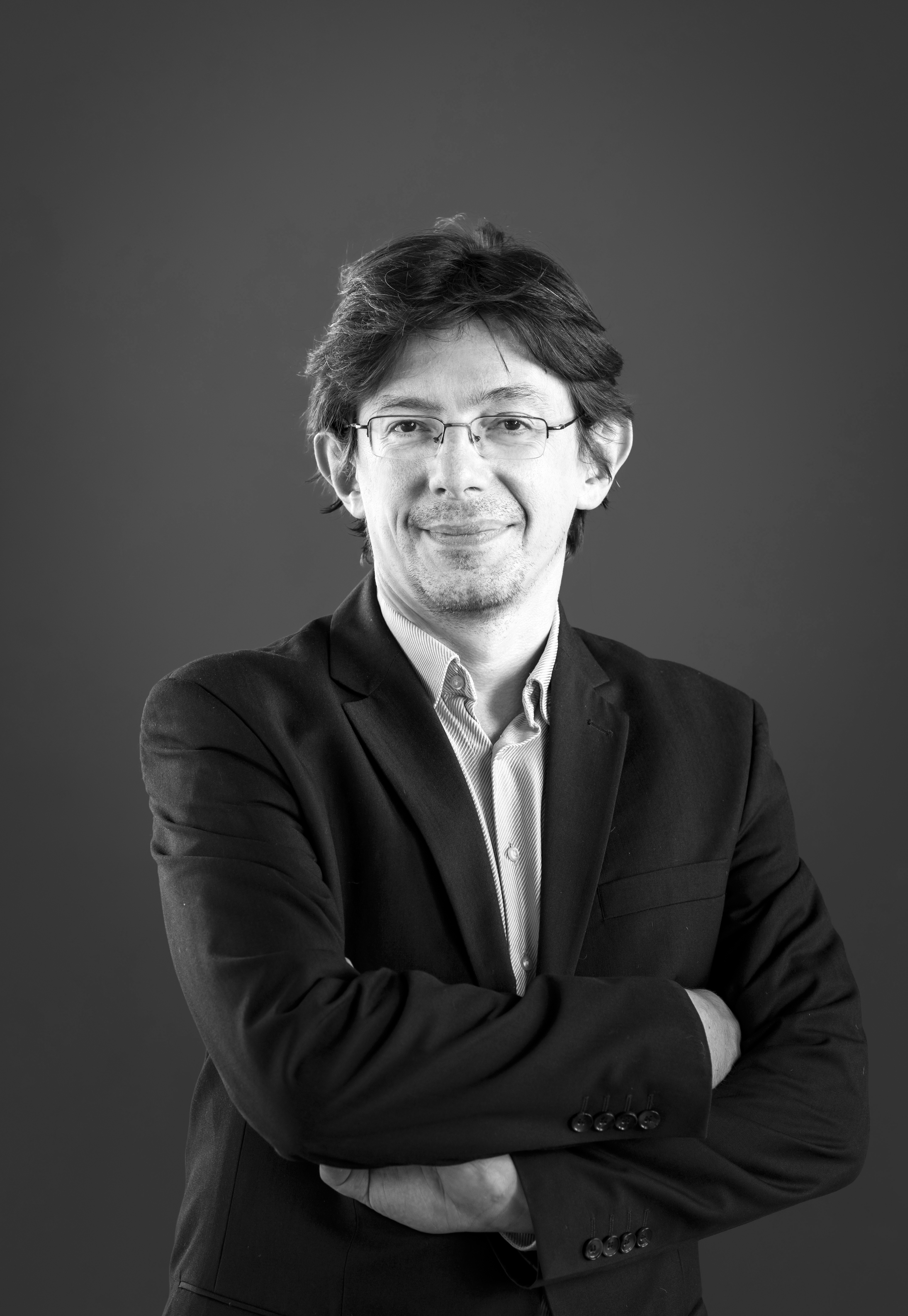Photo: Petra Hajská, 2018 4th September 2023 Václav Luks studied at the Pilsen Conservatoire and the Academy of Performing…
Václav Luks on Zelenka

Editor – Dr. H. Baxter ISSN 2754-4850

Photo: Petra Hajská, 2018 4th September 2023 Václav Luks studied at the Pilsen Conservatoire and the Academy of Performing…